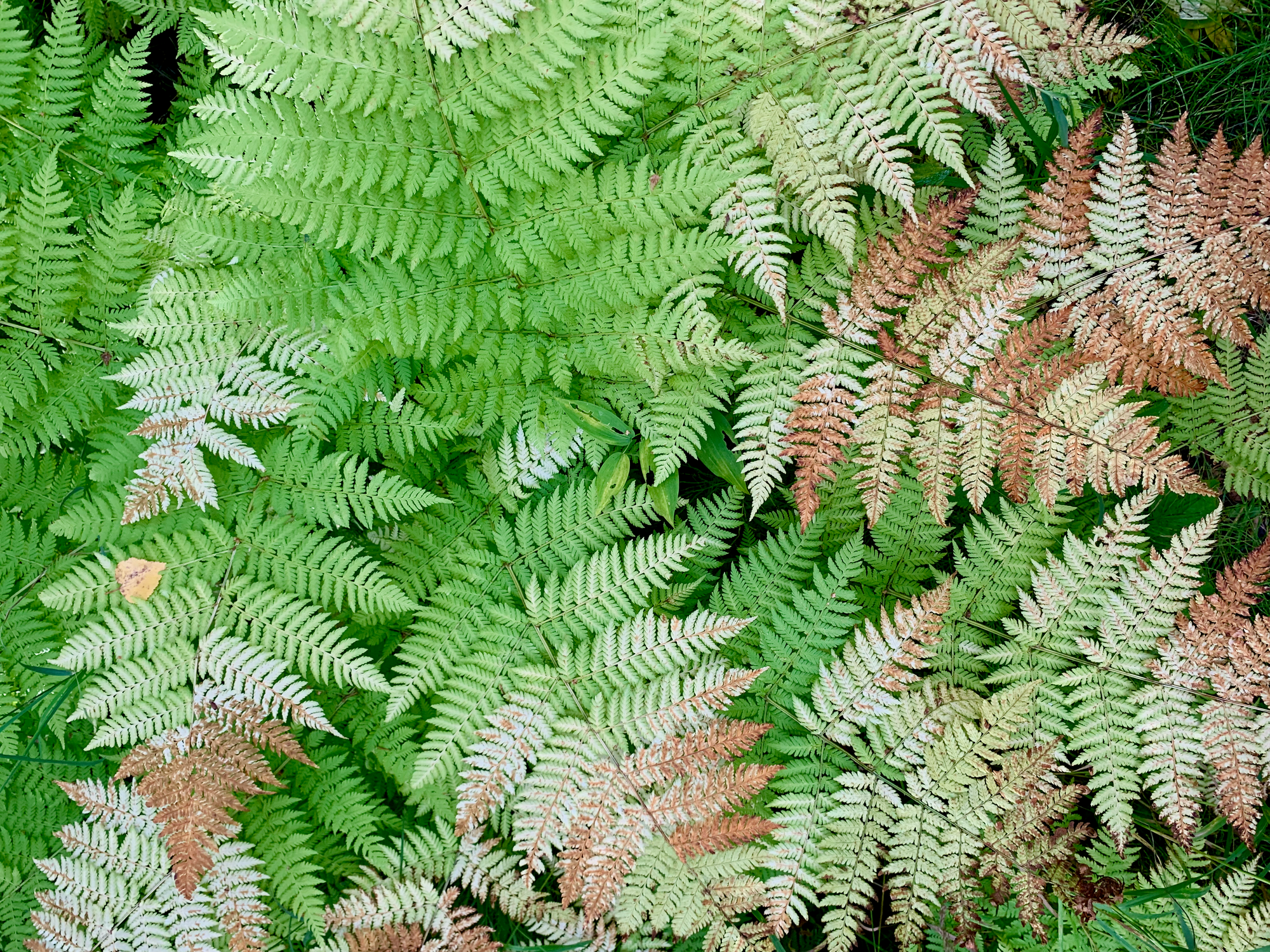Sharing Plant Stories
As part of your subscription to This Isn’t it, I’m bringing you a 5- minute gentle turning practice for your midweek. You get a prompt for a meditative activity for disentangling from the default American mindset and connecting more closely with yourself and your surroundings.

Today, I offer you a lesson I’ve learned from writing and sharing these activities. Some of you have responded with stories about plants in your life. Thank you for honoring me with your stories. I loved hearing them, and they reminded me of something important: I am not unique because I talk to and listen to plants. Many people do. There is, of course, the stereotypical plant-obsessed lady who talks to her plants as she tends them. (Yep, that’s me.) But that’s not who I heard from. I heard from folks who may not garden or even have that many houseplants. Nevertheless, they’ve experienced meaningful connection with plants, and they were excited to share those stories with me.
None of what I write about in this newsletter is new. (Maybe I should call it an olds-letter? Haha.) Really, though, as I’ve uncovered these experiences and insights from being present with the land and with non-human friends, I feel I have tapped into a very old part of myself. A part that never went away. A part that all of us have deep down. I just never paid much attention to it.
The lifelines along which we feel our connection to the world around us are part of us. They are part of who we are as human beings and as living creatures. Just because we don’t have much of a place in our culture for them or because we laugh about them doesn’t mean they’re not very, very real. I’m not here to teach you anything new, I’m here to remind you of yourself.
This week, I want you to think back to previous weeks’ exercises. Or to a time when you felt connection with a plant. Are you remembering it yet? Can you picture it in your head? Good. I want you to tell someone else a story about it. Do yourself a favor and tell a person who isn’t likely to roll their eyes. I think you will know who you can entrust with your plant stories. I bet you’ll even get a good story in return. And, if not, share one with me. Drop a comment or send me an email. And if you’re not comfortable even with that, write it down for your future self. Tuck it somewhere you’ll find it in a few days, weeks, or years, a little gift to future you.
Plants are vital parts of our lives—they feed us and give us air. Let’s normalize talking about our interactions with them.
Have a joyous week!
Amy

Are you enjoying what you're reading? This is a reader supported publication. All content is free, but a paid subscription helps keep the lights on.
(Please note that I am not a non-profit organization. These gifts are not tax-deductible.)
Were you forwarded this email? You can get your own FREE subscription here.
P.S. Want to learn more about plant intelligence or awareness? Here are some of my favorite books on the topic, all written for non-scientists like me:
The Mind of Plants: Narratives of Vegetal Intelligence, a collection of essays and poems edited by John C. Ryan, Patrícia Vieira, and Monica Gagliano
The Light Eaters: How the Unseen World of Plant Intelligence Offers a New Understanding of Life on Earth by Zoe Schlanger
The Hidden Life of Trees: What They Feel, How They Communicate--Discoveries from a Secret World by Peter Wohlleben
Finding the Mother Tree: Discovering the Wisdom of the Forest by Suzanne Simard
